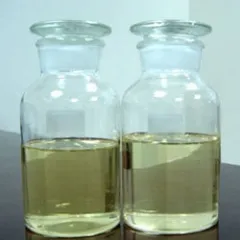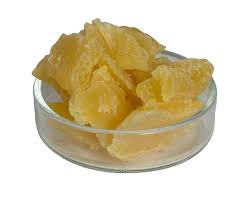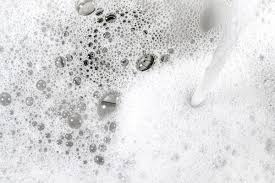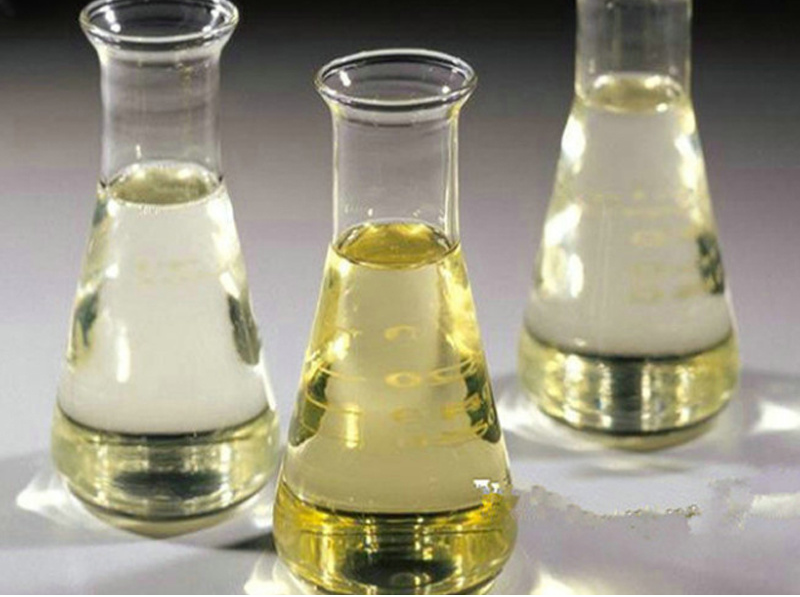Ever stare at that bottle of vinegar in your pantry? You use it for pickles, salad dressing, maybe even cleaning windows. It cuts through grease sometimes, right? So, does that mean vinegar secretly packs surfactant power like soap? Let’s spill the truth.
(Does Vinegar Contain Surfactants)
First, understand surfactants. These are special molecules. Think of them as tiny cleaners with a split personality. One end loves water. The other end hates water but loves grease and oil. This dual nature lets them break apart grease and dirt. They let water rinse grime away. Soap bubbles and dish detergent suds are classic surfactant magic.
Now, look at vinegar. Its superstar is acetic acid. This acid gives vinegar its sharp smell and tangy taste. Acetic acid dissolves minerals like limescale. It breaks down sticky stuff like adhesive residue. It even tackles some bacteria. This makes vinegar a fantastic natural cleaner for many jobs.
But vinegar isn’t a surfactant. It lacks that crucial two-part structure. Acetic acid molecules are simple. They have a small water-loving part. They don’t have a long, oil-loving tail. Without that tail, vinegar can’t surround grease like true surfactants do. Vinegar can’t form bubbles or create a lather. It won’t lift oil off a surface effectively on its own.
Imagine a greasy pan. Pouring vinegar on it might seem to help. The acid attacks some bits of burned food or loosens things slightly. It doesn’t truly emulsify the grease. The grease doesn’t get broken into tiny droplets suspended in water. Instead, the vinegar mostly slides off. The grease stays put. You need soap or detergent for that oily mess.
Vinegar works differently. Its power is acidity. Acidic vinegar reacts with alkaline substances like hard water deposits. It dissolves them. Vinegar can also disrupt organic matter like sticky sugars or proteins. This is why it cleans coffee makers or removes funky stench. It’s chemical action, not surfactant action.
People sometimes mix vinegar with baking soda. This creates bubbles. The fizz is exciting. It looks like powerful cleaning. The reaction makes carbon dioxide gas and water. This fizzy mix might help dislodge some dirt mechanically. It doesn’t create lasting surfactants. The cleaning boost is physical agitation, not new surfactant chemistry.
(Does Vinegar Contain Surfactants)
So, vinegar is a kitchen superhero for many tasks. It shines against mineral buildup and organic stains. Its acidity is its weapon. It isn’t hiding surfactant molecules inside. It tackles dirt and grime through a different chemical route. Don’t expect it to replace your dish soap for cutting grease. Its cleaning magic comes from its sour punch, not from hidden sudsy molecules. Use vinegar wisely for what it does best.
Inquiry us
if you want to want to know more, please feel free to contact us. (nanotrun@yahoo.com)




